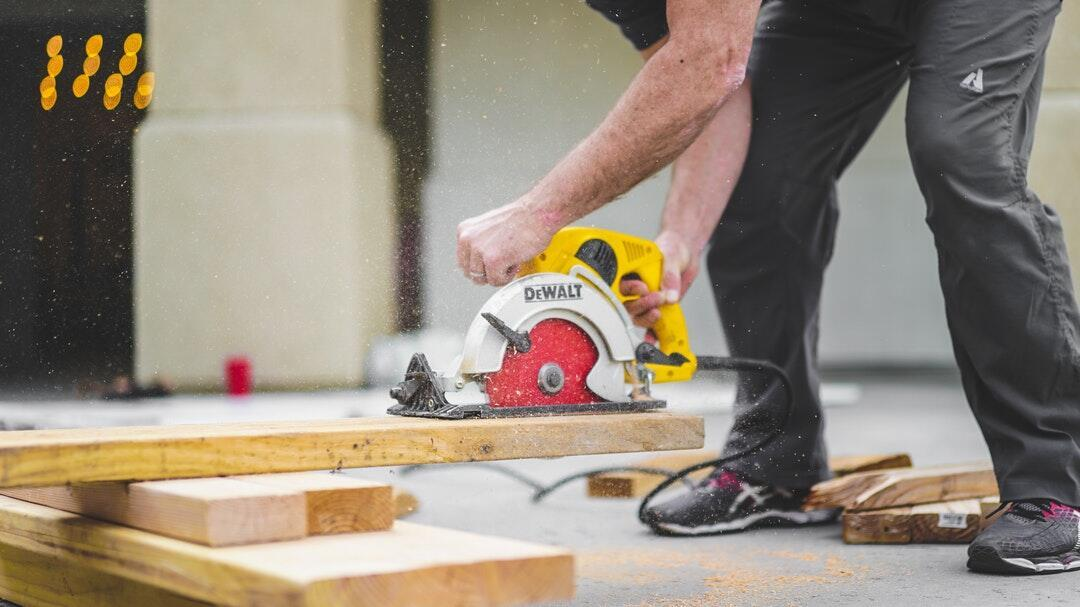Adding space to your home is an exciting project, whether you need a new bedroom, a home office, or an expanded kitchen. However, a home addition can be complex and stressful without the proper planning and contractor. Finding a skilled professional can make all the difference, ensuring your project stays on track, on budget, and meets your expectations. Here’s a step-by-step guide to help you hire a contractor for a stress-free home addition.
Start by Researching Local Contractors
The first step in hiring the right contractor is doing your homework. Start by researching and gathering recommendations from friends, neighbors, or online reviews. According to reputable home addition contractors in York PA, hiring a local contractor familiar with the area’s building codes and regulations is essential. Checking the contractor’s portfolio can also give you an idea of their style and expertise. Look for contractors with experience in home additions similar to your project. Make sure they have a good reputation for completing projects on time and within budget. A trustworthy contractor will have a well-established track record and positive feedback from previous clients.
Before committing to any contractor, it’s crucial to verify their credentials. Ensure that the contractor is insured to work in your area. In most places, contractors must have specific licenses demonstrating they are qualified to carry out construction work. Hiring a licensed contractor ensures they follow proper building practices. Additionally, check whether the contractor has the necessary insurance, including general liability insurance and workers’ compensation coverage. This will protect both you and the contractor in case of any accidents or damages during the construction process.
Request Multiple Quotes
Don’t settle for the first home builder you find. Instead, request quotes from multiple builders to compare prices, timelines, and their scope of work. Each contractor should provide a detailed estimate outlining all costs, including labor, materials, permits, and additional expenses. Remember that the lowest quote may not always be the best option. While sticking to your budget is essential, extremely low bids could be a red flag for poor quality work or hidden fees. Choose a builder who offers a fair price and demonstrates transparency about the costs involved.
Set Clear Expectations for Your Project
Once you’ve chosen a contractor, it’s time to define your expectations for the project clearly. Sit down with your contractor to discuss your vision and budget for the home addition. Be specific about the materials you want to use, the layout, and any design preferences. Communication is critical to ensuring your project runs smoothly. Ensure you and your contractor are on the same page regarding deadlines, project milestones, and potential obstacles. A reliable contractor often provides regular updates on the project’s progress, addressing any concerns you may have.
Review the Contract Thoroughly
Before any work begins, your contractor should provide you with a written contract. This document will outline all your project details, including the scope of work and timelines. It should also include a payment schedule, warranties, and the process for making changes to the original plan. Review the contract to ensure that all aspects of the project are covered. If anything seems unclear or missing, ask for clarification. Never sign an agreement that lacks important details or seems overly vague. A well-drafted contract protects you and the contractor, ensuring everyone understands their responsibilities.
Monitor Progress Without Micromanaging
Once construction begins, staying involved without micromanaging the contractor is essential. Checking in on the progress regularly will help ensure that the work is moving according to plan, but trust your contractor to manage the day-to-day aspects of the project. Be available to answer questions and give the contractor space to do their job. If you have concerns about the quality of work or the pace of the project, bring them up respectfully and timely. Effective communication will help resolve issues quickly and prevent misunderstandings.
Plan for Unexpected Challenges
No matter how well you plan, unexpected challenges may arise during a home addition project. Whether it’s a delay in materials, unforeseen structural issues, or changes to building regulations, being prepared for the unexpected can help you handle these situations with less stress. Work with your contractor to build some flexibility into your timeline and budget. Having contingency plans will make adapting easier if things don’t go as planned. A reputable contractor will help you navigate these challenges and keep the project on track as much as possible.
Hiring the right contractor is the key to a successful and stress-free home addition. By thoroughly researching potential contractors, verifying their credentials, setting clear expectations, and maintaining open communication throughout the process, you can ensure that your project is completed on time, within budget, and to your satisfaction. With careful planning and the support of an experienced contractor, your home addition will be a smooth and rewarding experience.


